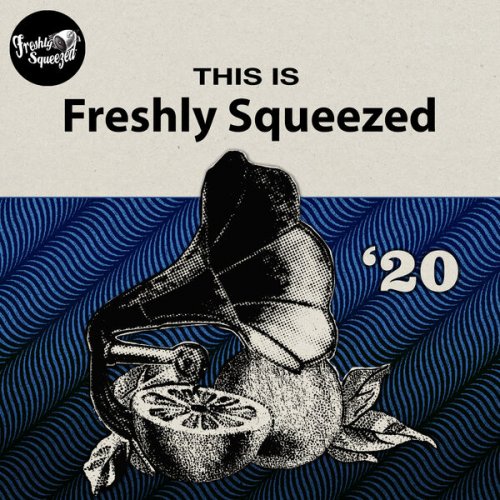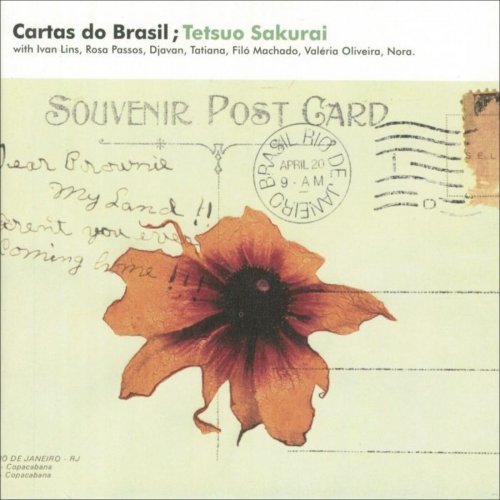Take That - Take That & Party (1992)
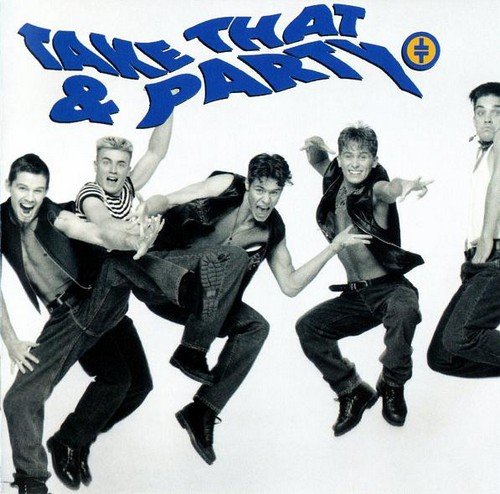
Artist: Take That
Title: Take That & Party
Year Of Release: 1992
Label: RCA
Genre: Pop
Quality: FLAC (image+.cue,log,scans) / MP3 320 Kbps
Total Time: 49:50
Total Size: 382 Mb / 133 Mb
WebSite: Album Preview
Tracklist: Title: Take That & Party
Year Of Release: 1992
Label: RCA
Genre: Pop
Quality: FLAC (image+.cue,log,scans) / MP3 320 Kbps
Total Time: 49:50
Total Size: 382 Mb / 133 Mb
WebSite: Album Preview
01. I Found Heaven
02. Once You've Tasted Love
03. It Only Takes A Minute
04. A Million Love Songs
05. Satisfied
06. I Can Make It
07. Do What You Like
08. Promises
09. Why Can't I Wake Up With You
10. Never Want To Let You Go (New Studio Mix)
11. Give Good Feeling
12. Could It Be Magic (Radio Rapino Mix)
13. Take That And Party
Released in 1992, Take That & Party was the first album for Take That, and contains four Top Ten British singles. The album can be accurately described as more youthful than their future recordings; "A Million Love Songs" was written by lead singer Gary Barlow at the age of 15, and reached number seven on the music charts. There is a deep sensitivity in England toward Take That; the story of the group and its progress and departure was just as meaningful as the music the band produced. Hearing Robbie Williams on the tracks here, especially his lead on the cover of Barry Manilow's "Could It Be Magic," brings back a feeling of lost innocence and a perspective on the changing of times. Before his descent into depression and drugs, before he rose up and took over the British music world as a superstar solo artist, he was just another member of a boy band, experiencing life under the camera, touring amidst crazed fans, and appearing in videos. Barlow, who would also go on to solo fame (though to a much tamer level), creates a solid and consistent flow of music, writing ten of the 13 tracks at such a young age -- quality music comparable to that of much older, jaded songwriters who already had lists of hits. The members of Take That were as natural and homespun as they were formulaic, which was the basis of their appeal.

![Ofer Cohen - Stretch and Fold (2025) [Hi-Res] Ofer Cohen - Stretch and Fold (2025) [Hi-Res]](https://www.dibpic.com/uploads/posts/2025-11/1762574999_d8zgxmt3b5z4b_600.jpg)
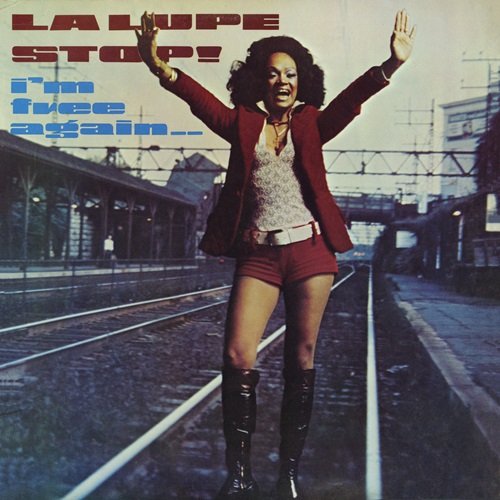


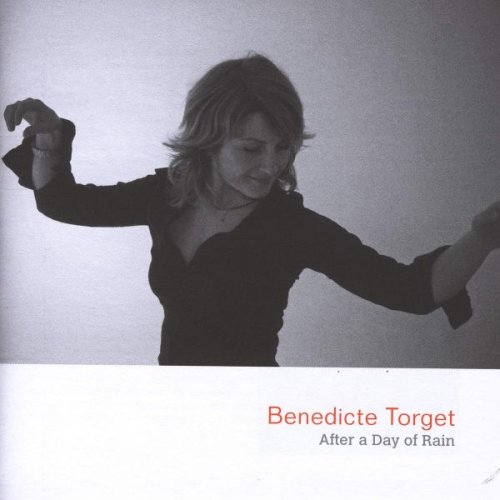
![Francesca Remigi - WITCHESS (2025) [Hi-Res] Francesca Remigi - WITCHESS (2025) [Hi-Res]](https://www.dibpic.com/uploads/posts/2025-11/1762573819_j321xoenozbcb_600.jpg)
